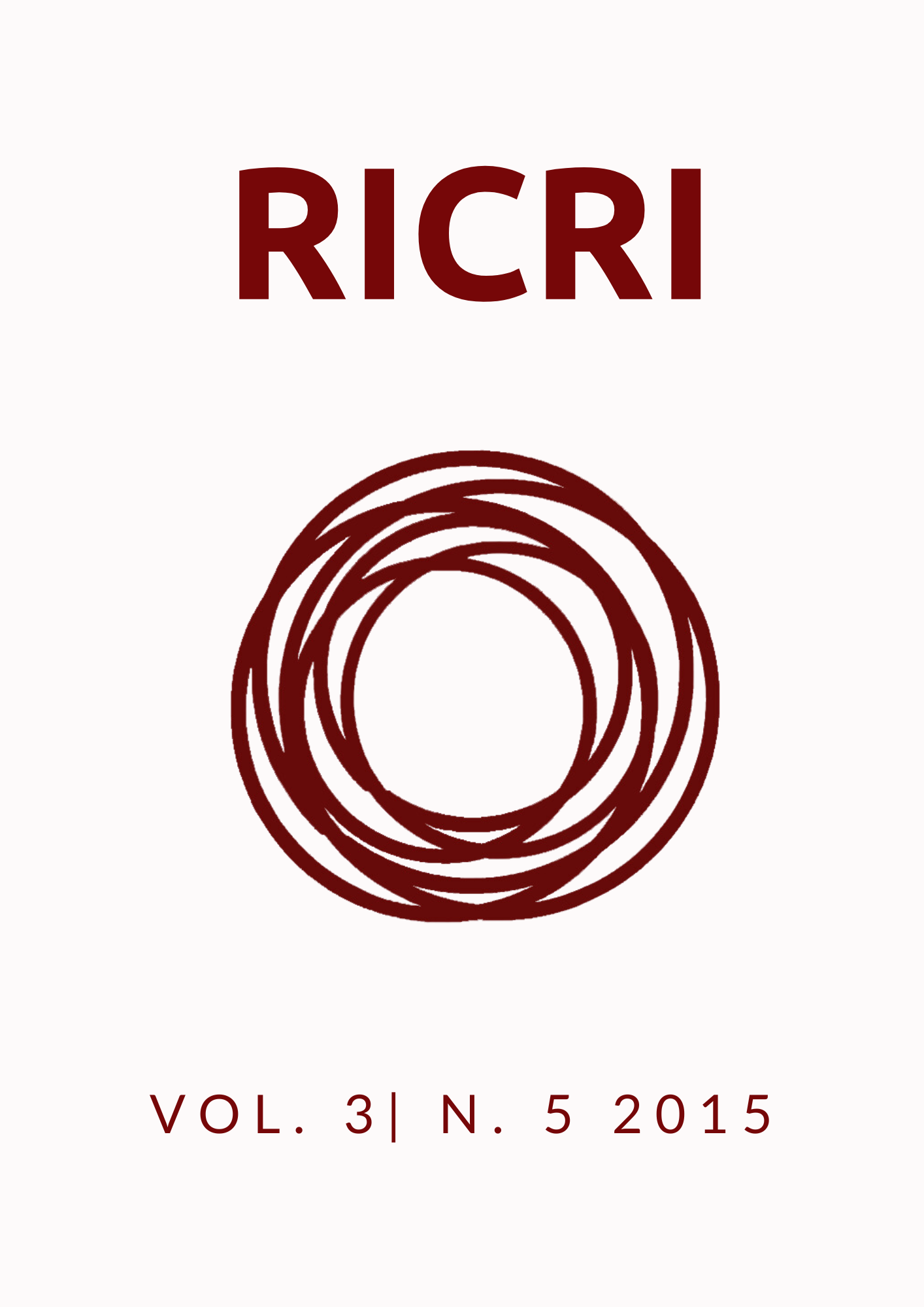Yom Kippur: Uma Derrota Vitoriosa
Abstract
A Guerra de Yom Kippur em 1973 pode ser vista como um palco para perceber a importância do pressuposto de Clausewitz de que a guerra é uma ferramenta política. Anwar Sadat, presidente do Egito e fonte maior da motivação do conflito, pode ser visto como o exemplo desta noção de Clausewitz. Suas motivações e erros serão discutidos, assim como a falha israelense de confiança.Downloads
References
O’BALLANCE, Edgar (1979). "Fortress Israel" In. No Victor, No Vanquished: The Yom Kippur War, Londres, Barrie & Jenkins, pp. 28-36.
BOLIA, Robert S. (2004). “Overreliance on Technology in Warfare: The Yom Kippur War as a Case Study”. Parameters, US Army War College Quarterly, vol. 34, n. 2, pp. 46-56.
BROWN, Stephen D. (1993). “Anwar Sadat and the Yom Kippur War. Course 1: Foundations of National Security Strategy”, Washington D.C., National War College, pp. 1-9.
CLAUSEWITZ, Carl von (1984). On War. Princeton: Princeton University Press.
LOEFSTEDT III, Arthur B. (1996). “Yom Kippur 1973: An Operational Analysis of the Sinal Campain”, Newport, Naval War College, pp.1-21.
HOURANI, Albert (2001). “O Auge do Arabismo (1950-1960)” In. Uma História dos Povos Árabes, São Paulo, Companhia das Letras, pp.403-415.
MAHNKEN, Thomas G. (2010). “Strategic Theory” In. BAYLIS, John, WIRTZ, James J. & GRAY, Collin S. (Eds), Oxford, Oxford University Press, 3. Ed, pp. 67- 81.
STANSFIELD, Gareth (2008). “Israeli-Egyptian (in)security: the Yom Kippur War” In. SMITH, Steve, HADFIELD, Amelia & DUNNE, Tim (Eds) Foreign Policy: Theories, Actors, Cases, Oxford, Oxford University Press, pp. 286-299.
Downloads
Published
How to Cite
Issue
Section
License
Authors who publish with this journal agree to the following terms:
a. Authors retain copyright and grant the journal right of first publication with the work simultaneously licensed under a Creative Commons Attribution License that allows for sharing of work with acknowledgment of its initial publication in this journal.
b. Authors are able to take on additional contracts separately for non-exclusive distribution of the version of the work published in this journal (e.g., post it to an institutional repository or as a book), with an acknowledgment of its initial publication in this journal.
c. Authors are permitted and encouraged to post their work online ( eg, in institutional repositories or on their website) at any point before or during the submission process, as it can lead to productive exchanges , as well as increase the impact and citation of published work ( See the Effect of Open Access).




